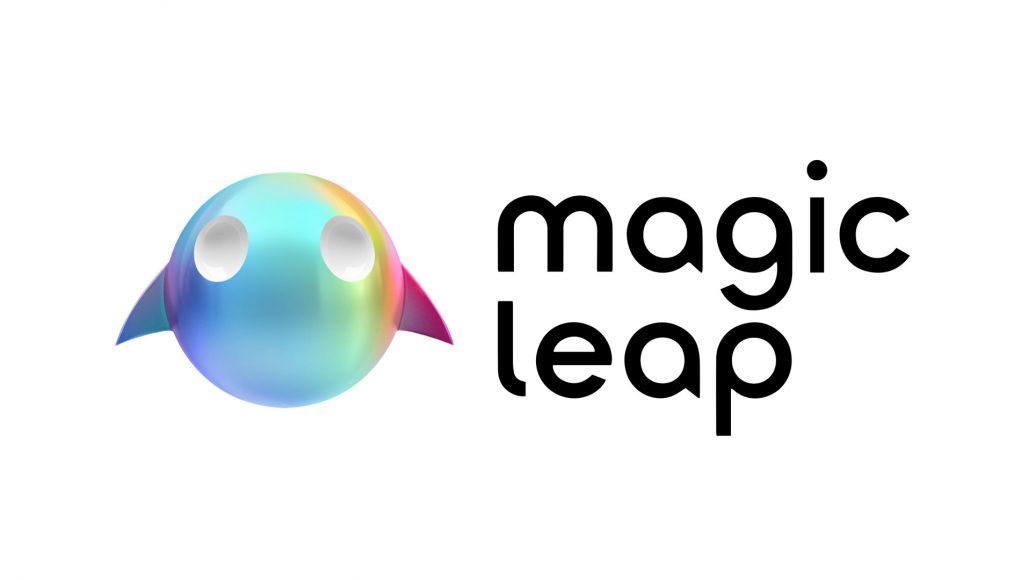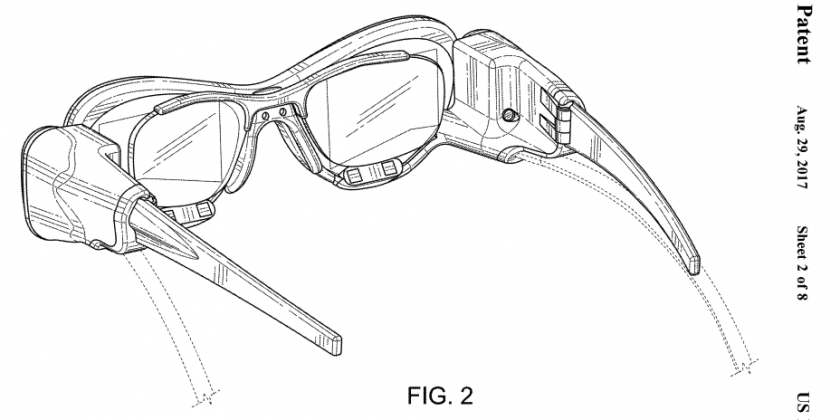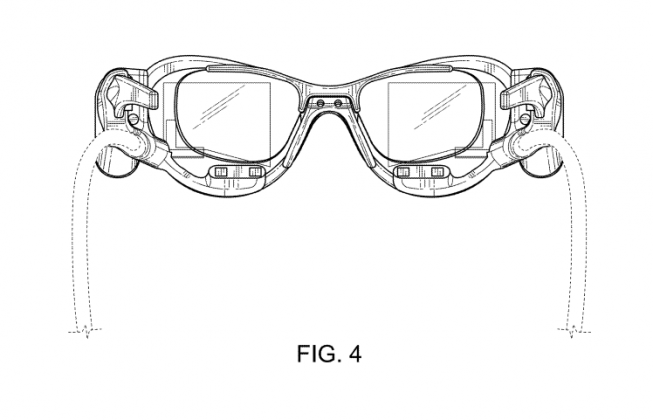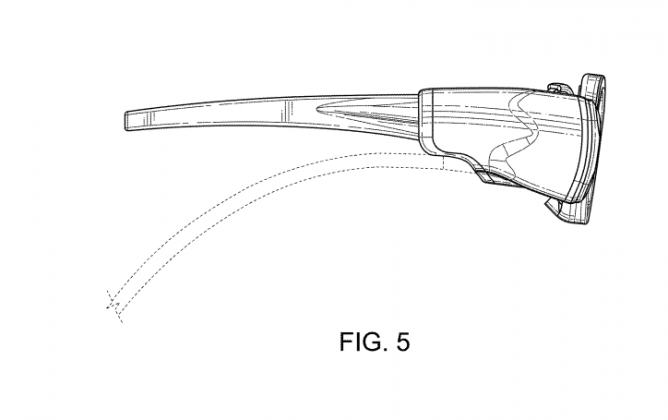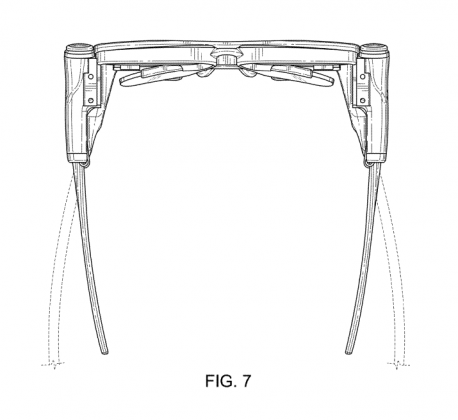Magic Leap, the mysterious augmented reality startup with a multiple-billion dollar valuation, could soon be taking on more investments, bringing its total valuation close to $6 billion, Bloomberg reports.
Citing sources familiar with the situation, the report contends that Temasek Holdings Pte., a Singaporean investment company, is considering taking part in a new financing round amounting to more than $500 million.
After closing a nearly $800 million Series C investment led by Alibaba in February of last year, the company was then valued at $4.5 billion—remarkable for a startup that hasn’t shown a viable product outside the confines of a non-disclosure agreement (NDA).
Although not citing official sources, Bloomberg reports Magic Leap’s headset will cost between $1,500 and $2,000, and is set to ship its first device “to a small group of users within six months.”
Both Temasek and Magic Leap declined to speak on the matter.
“It would be bigger than a pair of glasses, but smaller than virtual reality headsets such as Facebook Inc.’s Oculus Rift,” the unnamed sources told Bloomberg. “Magic Leap’s device would require users to carry a puck-shaped device, around the size of a smartphone, that would wirelessly provide processing and information to the glasses.”
In a recently granted patent (filed in 2015), the company shows a small form-factor headset, that while not entirely fashionable, looks to fit the description provided to Bloomberg.
After receiving the latest $800 million cash injection a year a half ago, the company said they had exited the R&D phase and were moving toward large-scale manufacturing. Magic Leap CEO Rony Abovitz tells Fast Company:
We’ve developed what I call a photonics chip, which Includes the design of it, novel materials, even designing the fab that will make it. That’s fundamentally important for us to deliver the experience that’s the natural fit of how the eye-brain system works. We had to build something that accommodates what your eye-brain system is used to getting, which is not available in any off-the-shelf way.
We have achieved mass miniaturization. We’ve gone beyond the computer simulations and one-off prototypes. We’re not on the risk side. We’re on the other side. It’s like talking about making an Intel chip versus actually making them.
The Magic Leap headset is said to use a light field display powered by a novel array of nano-structures, giving the digital imagery true-to-life depth cues which in turn makes the projected image seem more real. While the company has shown its tech to journalists and celebrities alike, all impressions are held within the strict confines of a NDA, so we won’t know much more than what we can tell from public sources such as patents and research papers.

